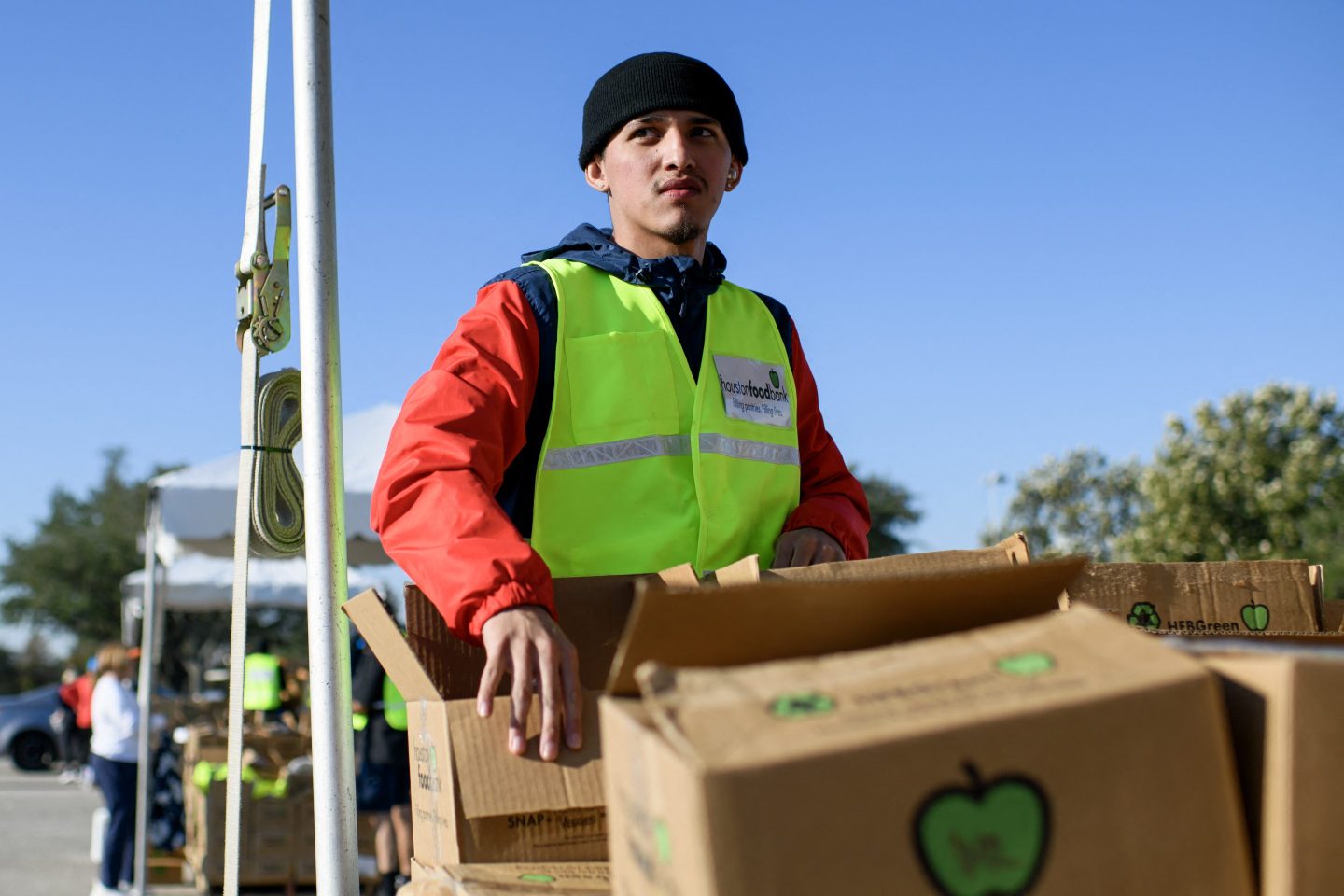British drug giant GlaxoSmithKline announced on Thursday that the company is ramping up a graduated approach to intellectual property protections on its products in an effort to expand drug access to the world’s poorest countries.
Under the initiative, Glaxo will stop filing any drug patents in the least developed and lowest-income nations, such as India and countries in Africa, allowing generic drug manufacturers in those countries to develop their own cheaper alternatives. The firm will apply those same changes in a tiered structure in nations that are higher on the income scale.
For instance, Glaxo will still file patents on its drugs in lower middle income countries, but will also pursue licensing agreements for generics in those nations. The firm’s next-gen cancer medication IP will also be made available to competitors under the global Medicines Patent Pool.
“In itself, IP is not a barrier to access to medicines,” said outgoing GSK CEO Sir Andrew Witty in a statement. “However, we recognize that the global healthcare challenge requires us to be flexible in our approach and responsive to different needs, particularly as the disease burden shifts from infectious to non-communicable diseases.”
The announcement comes ahead of a meeting of the UN High Level Panel on Access to Medicines on Thursday.
Witty admitted that the new IP initiative won’t guarantee access on its own during a conference call with reporters, especially in middle-income countries. That’s because healthcare needs in those nations are far more diversified and access is dependent on a mix of players, including benefits managers and insurers.
In some ways, the move is a tacit acknowledgement that preventing generic firms from producing copycat drugs in emerging economies is arduous. Companies like Gilead Sciences (GILD) have been forced to reckon with unauthorized generics for blockbuster therapies such as Sovaldi before striking generic alternative deals with the copycat manufacturers.












